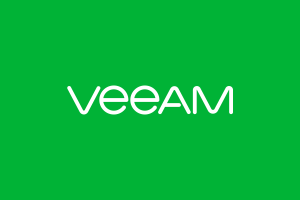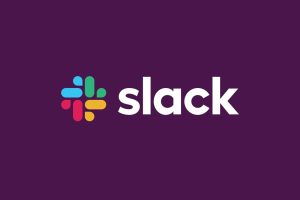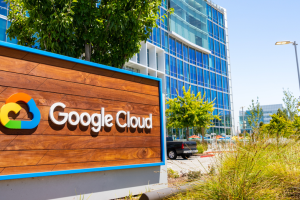In the first half of 2023, Meta, the owner of Facebook, and China’s TikTok imposed a record number of restrictions on social media content and accounts in Malaysia, responding to a surge in government requests to remove content, according to data released by the companies. The administration of Malaysian Prime Minister Anwar Ibrahim, which took office in November 2022, has faced criticism for allegedly retracting promises to safeguard freedom of speech amid heightened scrutiny of online content. The government denies stifling dissent but emphasizes its aim to control provocative posts related to race, religion, and royalty.
During January to June 2023, Meta restricted approximately 3,100 pages and posts on Facebook and Instagram in Malaysia, citing violations of local laws, marking a sixfold increase from the previous period and the highest since reporting began in 2017. Malaysia’s communications regulator stated that its content removal efforts aimed to protect users from rising online harms rather than suppressing diverse views.
Meta reported restricting access to over 3,500 items from July 2022 to June 2023, responding to reports from Malaysia’s communications regulator and other government agencies. The restricted content included government criticism, violations of laws on illegal gambling, hate speech, divisive content, bullying, and financial scams.
Sensitive issues of race and religion, combined with laws against seditious remarks and insults to the monarchy, contribute to the complex context in Malaysia. In October, Malaysian officials criticized TikTok for not doing enough to address defamatory or misleading content and failing to comply with local laws. The government also considered legal action against Meta but dropped the plan after discussions with the company. Free speech group Article 19 raised concerns about the removal of government-critical posts, warning that increased content restrictions could potentially hinder legitimate free speech and expression.






















